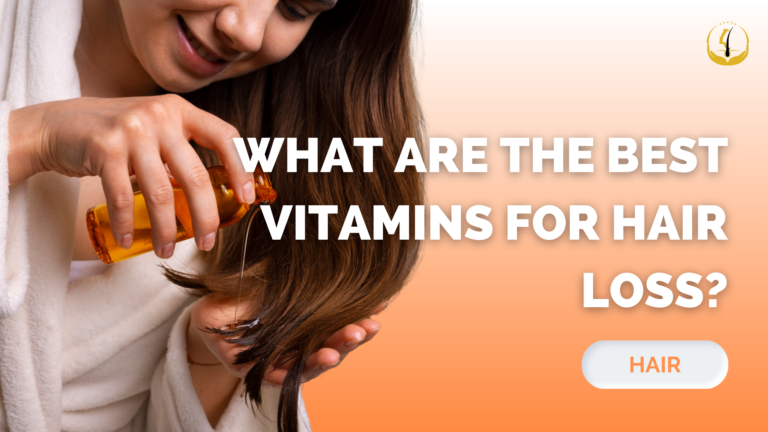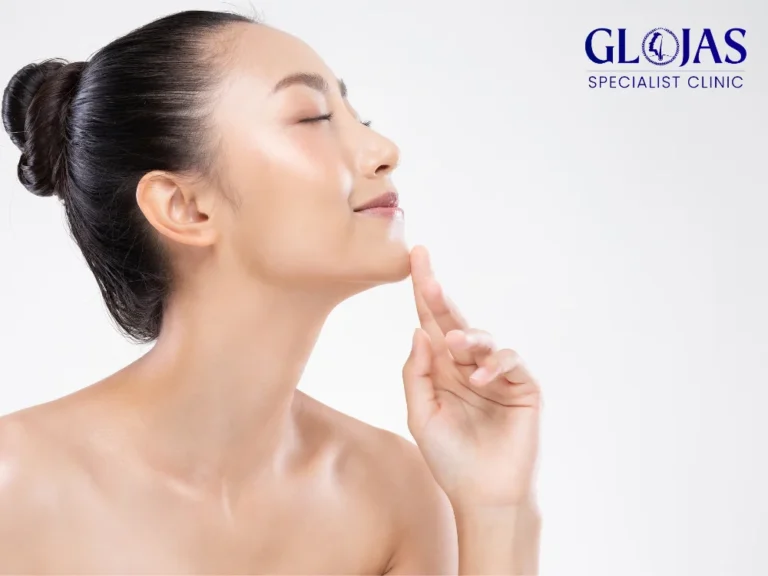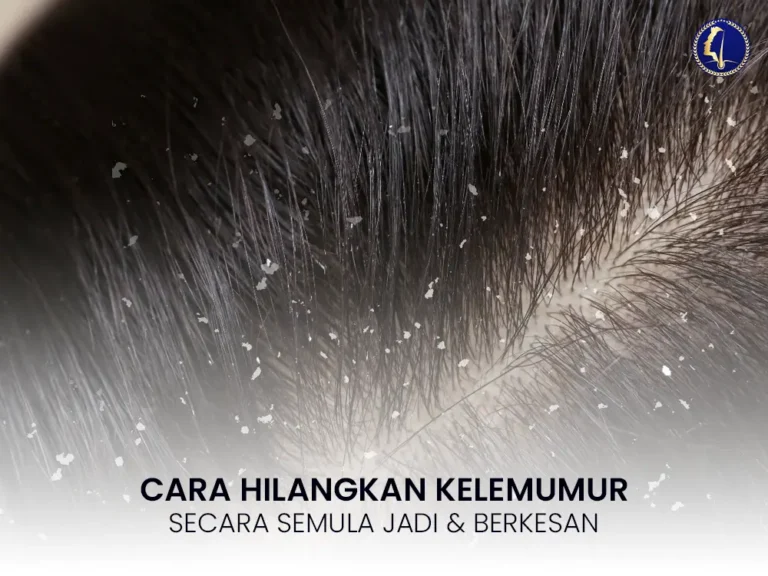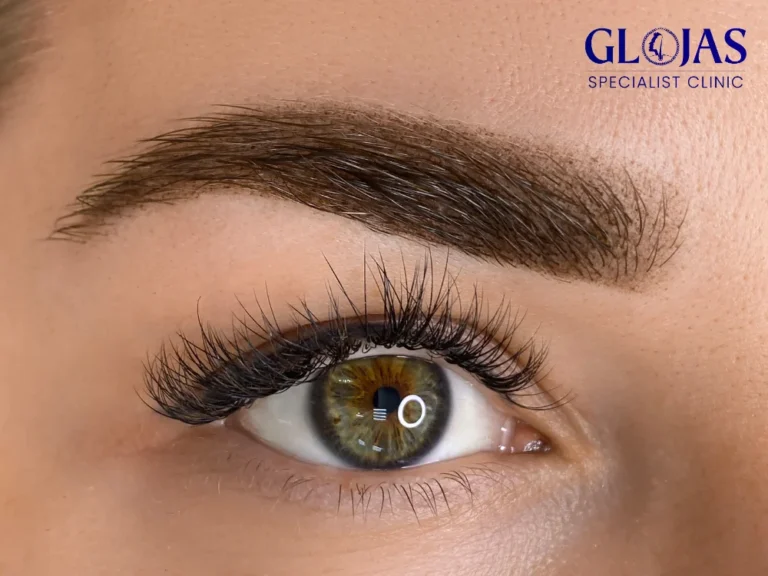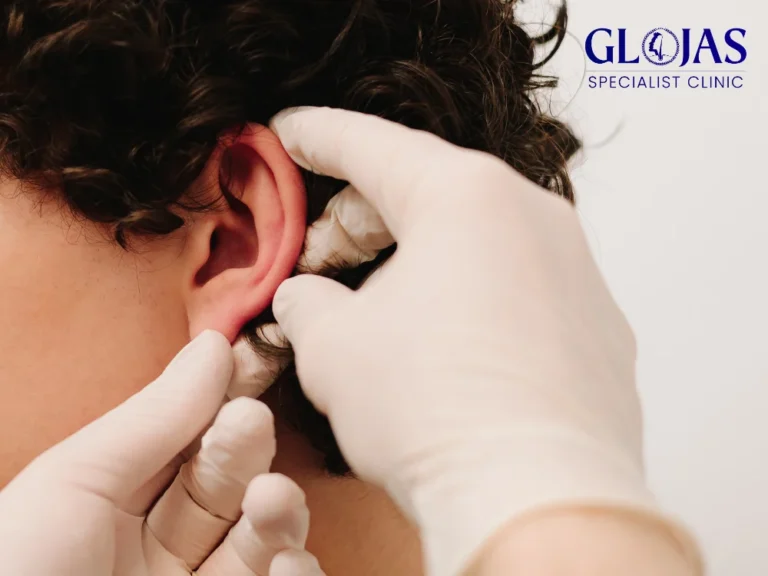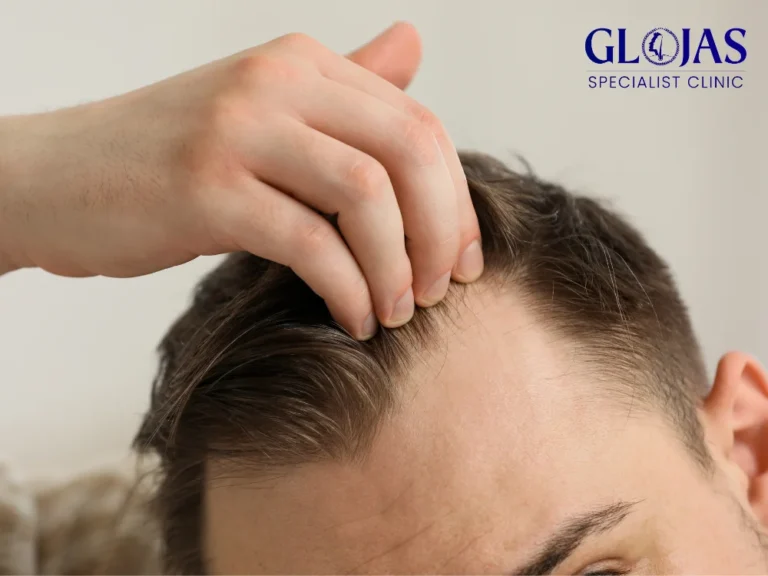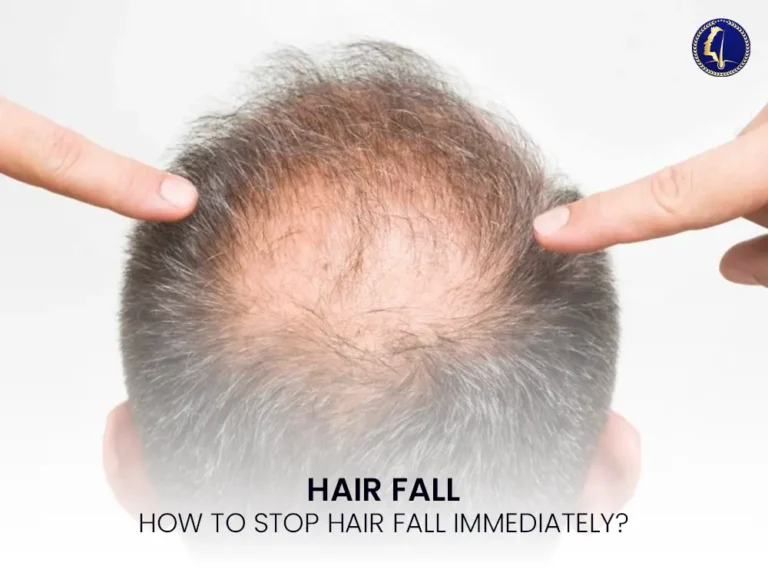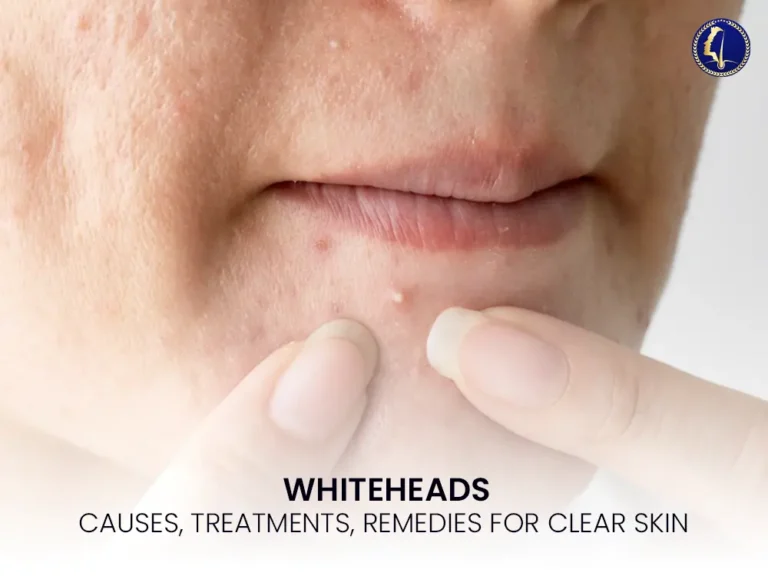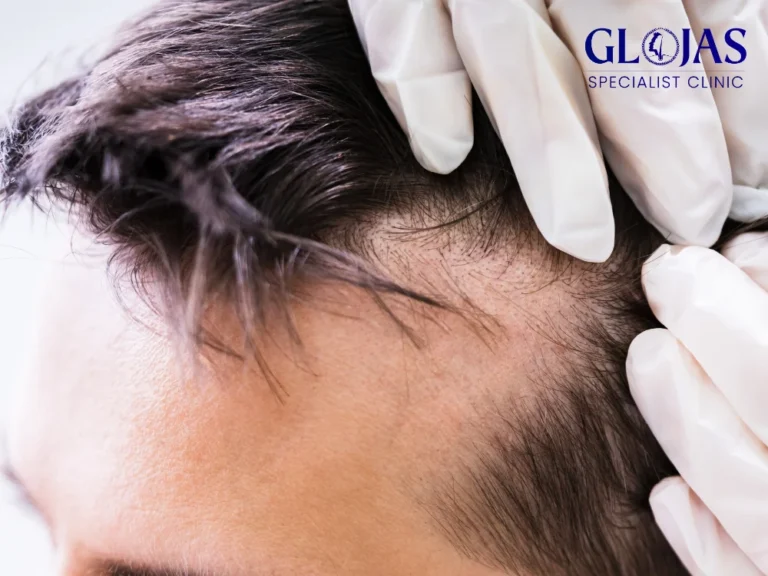Hair loss is a shared concern for both men and women, influenced by factors such as genetics, aging, and hormonal fluctuations. Though there’s no magic cure, integrating specific vitamins and nutrients into your diet can foster healthy hair growth and mitigate thinning. In this blog, we’ll unravel the best vitamins for hair loss, exploring their role in hair regrowth and prevention.
Understanding Hair Loss Causes
Before delving into the vitamin realm, it’s crucial to grasp the primary causes of hair thinning and baldness:
- Heredity: Genetic factors often contribute to male and female pattern baldness, shaping receding hairlines and thinning hair.
- Hormonal Changes: Pregnancy, menopause, and thyroid disorders, causing hormonal imbalances, can contribute to hair loss.
- Nutritional Deficiencies: A diet lacking essential vitamins and minerals weakens hair, paving the way for hair loss.
- Stress: Elevated stress levels can trigger telogen effluvium, a condition causing premature hair fall.
- Medical Conditions: Certain illnesses and treatments, like cancer chemotherapy, can result in hair loss as a side effect.
Type of Vitamins For Hair Loss
The Best Vitamins for Hair Loss
- Vitamin A: Crucial for healthy hair growth, it aids in sebum production, nourishing the scalp. Balanced intake is essential to avoid adverse effects.
- Vitamin C: An antioxidant supporting collagen production, strengthening hair and preventing brittleness.
- Vitamin D: Linked to hair growth, as vitamin D receptors are present in hair follicles.
- Vitamin E: Enhances blood circulation to the scalp, ensuring proper nourishment for hair follicles.
- Biotin (Vitamin B7): Known as the “hair vitamin,” it strengthens hair and nails, potentially reducing hair loss.
- Niacin (Vitamin B3): Improves blood flow to the scalp, promoting hair growth, and aids in DNA repair.
- Folic Acid (Vitamin B9): Essential for cell division, including those responsible for hair growth.
- Vitamin B12: Crucial for the formation of red blood cells, transporting oxygen to the scalp.
- Iron: Combats iron deficiency, a common cause of hair loss, by transporting oxygen to hair follicles.
- Zinc: Plays a role in repairing and growing hair tissue.
Incorporating Vitamins Into Your Diet
To harness the benefits of these hair-friendly vitamins, consider the following dietary sources:
Vitamin A: Found in sweet potatoes, carrots, spinach, and kale.
- Vitamin C: Present in citrus fruits, strawberries, and bell peppers.
- Vitamin D: Abundant in fatty fish like salmon, egg yolks, and fortified dairy products.
- Vitamin E: Available in nuts, seeds, and spinach.
- Biotin: Found in eggs, nuts, and whole grains.
- Niacin: Present in meat, fish, and mushrooms.
- Folic Acid: Abundant in leafy greens, legumes, and citrus fruits.
- Vitamin B12: Found in meat, fish, dairy products, and fortified cereals.
- Iron: Present in red meat, poultry, beans, and lentils.
- Zinc: Available in beef, nuts, and whole grains.
Hair Loss Prevention and Care
While vitamins contribute to hair health, adopting good hair care practices is essential for preventing further hair loss:
- Use gentle, sulfate-free shampoos and conditioners.
- Avoid excessive heat styling and tight hairstyles.
- Manage stress through relaxation techniques.
- Consult a healthcare professional for underlying medical issues.
- Consider specialized hair loss treatments under professional guidance.
In conclusion, integrating the best vitamins for hair loss into a balanced diet can support healthy hair growth and prevent thinning. Addressing underlying causes and practicing good hair care habits are equally crucial. Results may vary, so consult a healthcare provider for personalized advice on managing hair loss.

